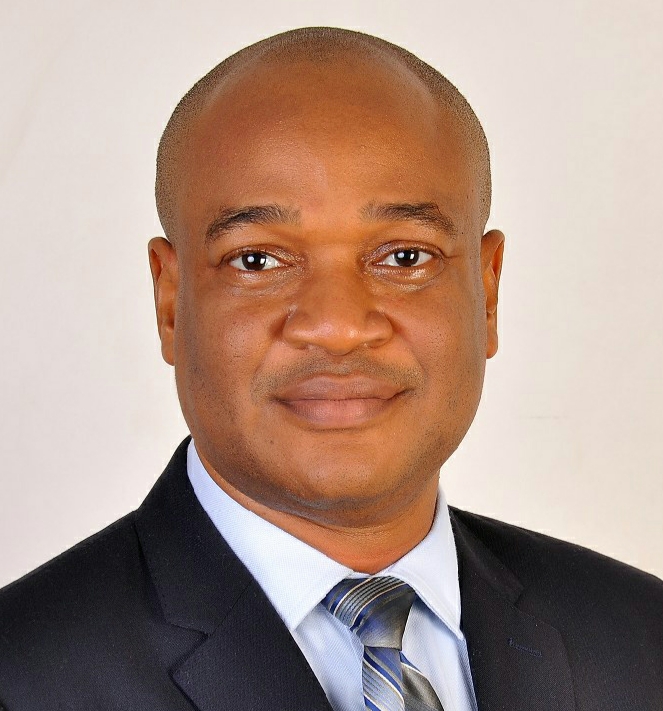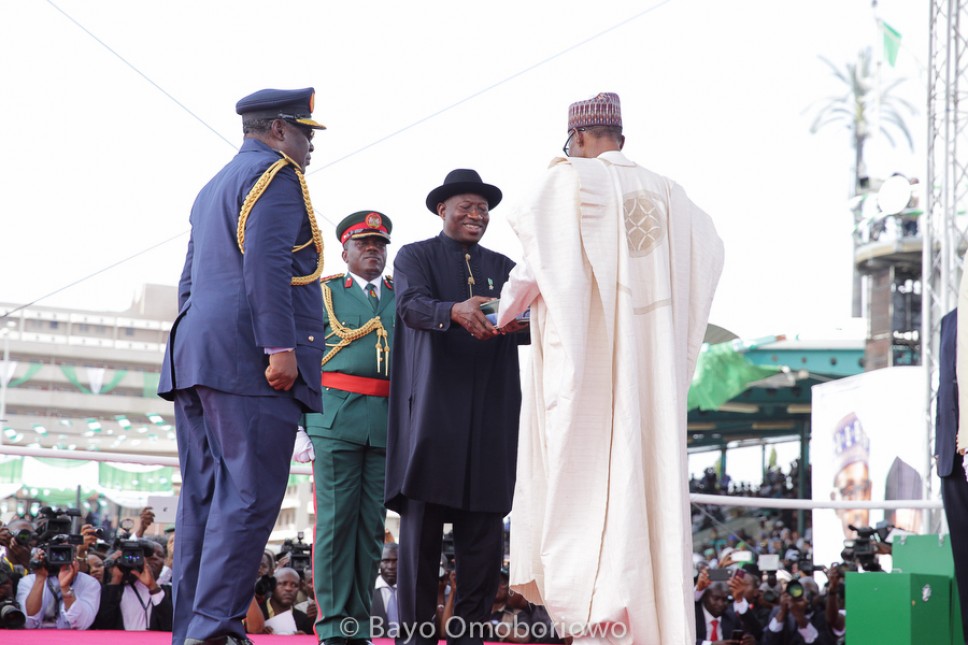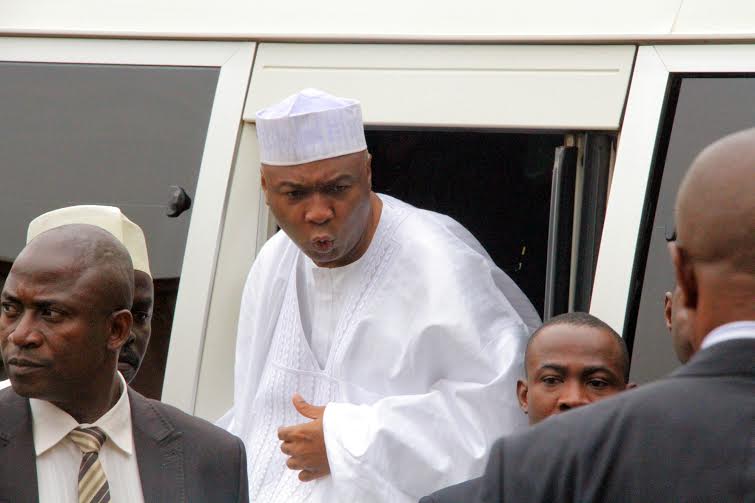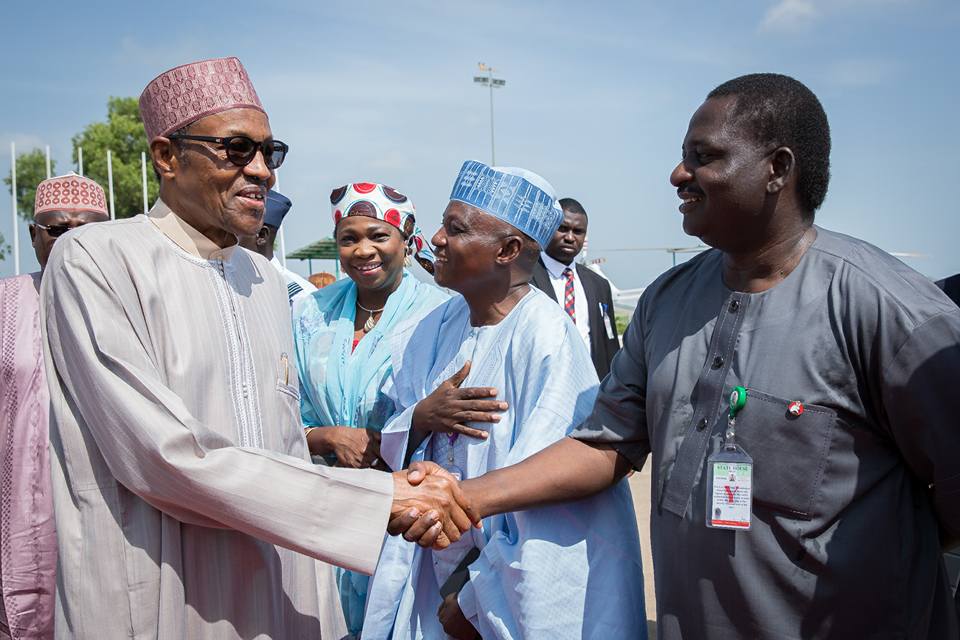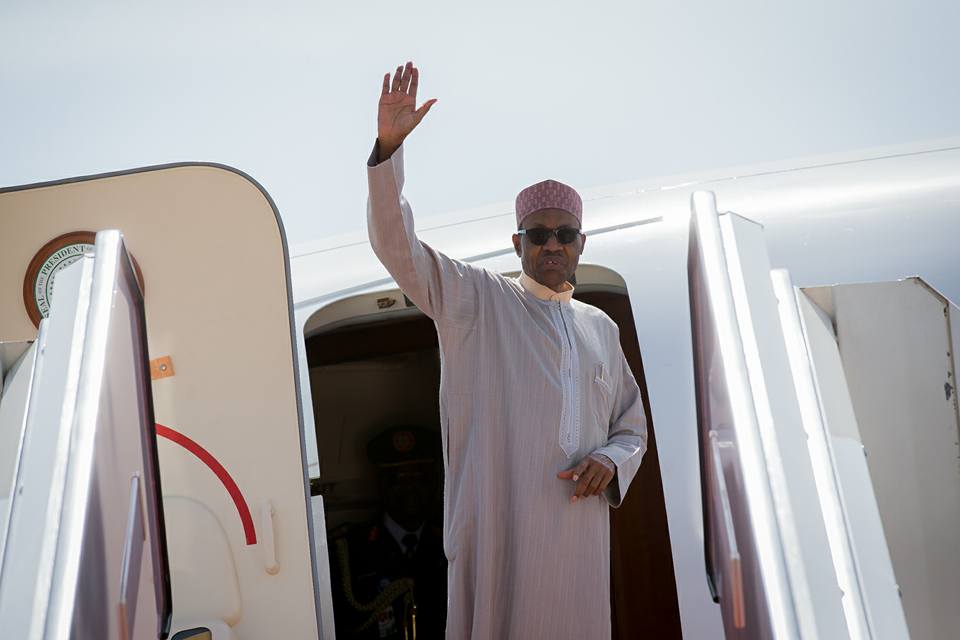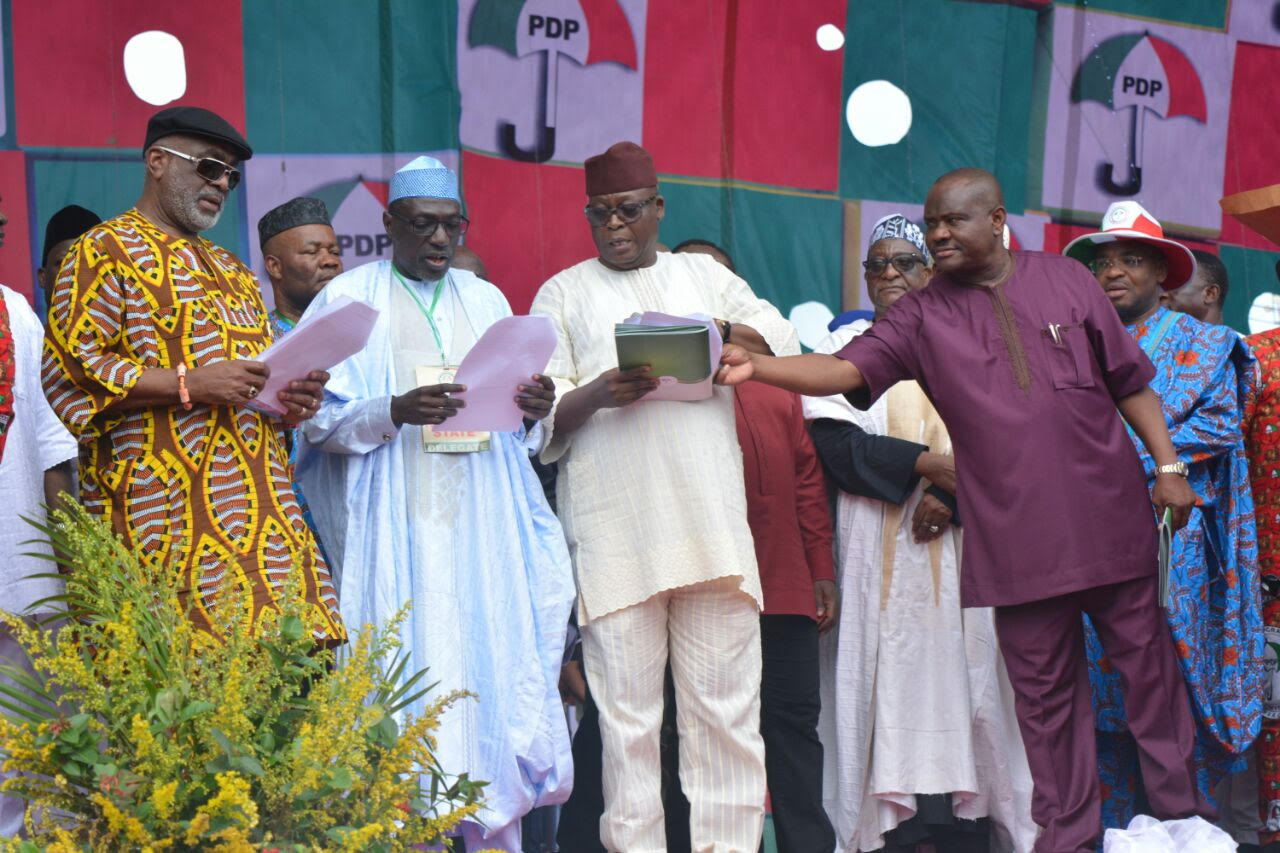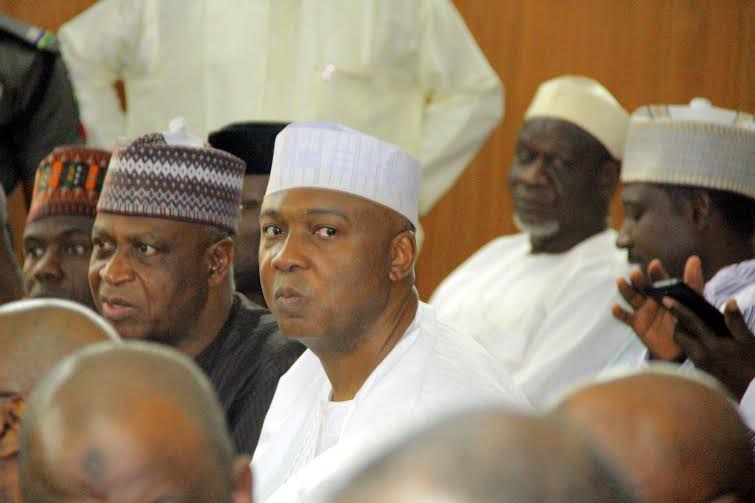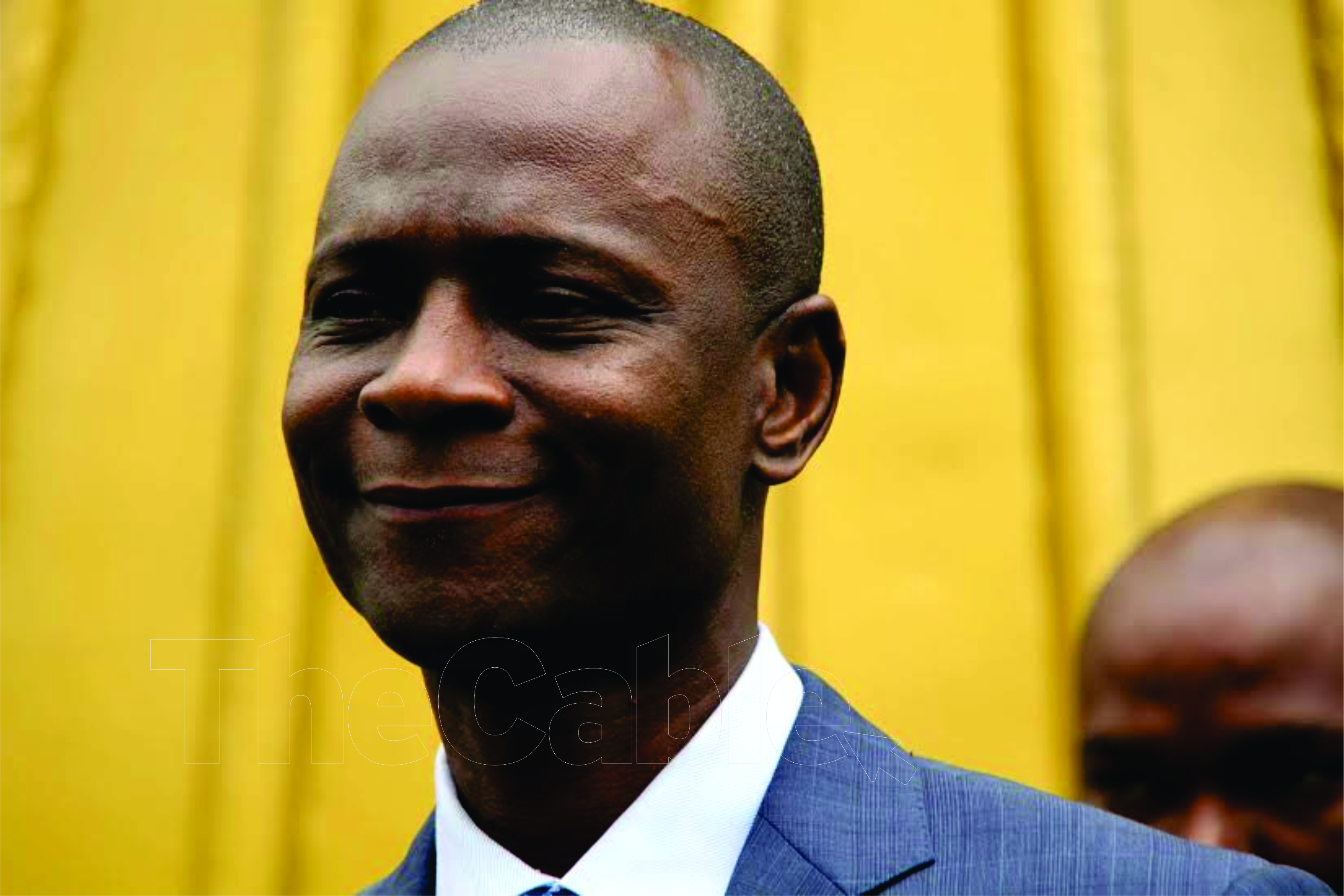How time flies. After one year in office, we can presume that the honeymoon is over for President Muhammadu Buhari and his administration. The jury may still be out on any reasonable assessment of his presidency but it has been a consequential year for Nigeria. The new government came to power on a platform of change against a backdrop of numerous campaign promises. Even in the best of times, as former New York governor Mario Cuomo once said: “We campaign in poetry but we must govern in prose”. In short, the challenge is the transition from stagecraft to statecraft.
On May 29, 2015, President Buhari assumed office and not unusually, he had a hodgepodge inheritance on his table. Nigeria was a country with a military that was unable to tackle the Boko Haram insurgency for a long time which led to the decimation and displacement of large populations in the North East. It also had an effect of decapitating the morale of Nigerians even as malfeasances of humongous corruption littered the landscape. The country was still very dependent on revenues from oil to run its affairs and oil prices were in a sharp decline to about $38 per barrel, the capital to recurrent expenditure ratio was an appalling 20:80, our foreign reserves had reduced drastically, the value of the Naira was beginning to depreciate and the polity was more polarized and divided. To a number of Nigerians, it seemed that the trolley had left the tracks and heading into bad territory. So there were high expectations on the promise of change and the incoming President carried with him a huge trust surplus on the integrity quotient.
However, he also inherited an economy with a GDP growth of 5.94% in 2014 and predicted at between 4 to 4.4% for 2015, single digit inflation of about 9.2% (despite Naira depreciation), a diversified economy with the oil and gas sector contributing less than 15% to the GDP, fiscal management tools that were yet to be fully operational such as Treasury Single Account (TSA), Integrated Payroll and Personnel Information System (IPPIS) and Government Integrated Financial Management Information System (GIFMIS), higher volumes of agricultural production, resumption of regular rail services from Lagos to Kano, Port Harcourt to Gombe and a new standard gauge line from Abuja to Kaduna (almost ready to go), robust ICT broadband penetration, power projects on the verge of completion, our 4 refineries just weeks from resuming production, National Integrated Infrastructure Master Plan, Industrial Revolution Plan, Automotive Industry Development Plan (that had cars ready to roll out from plants in Nigeria), $394 million in Foreign Direct Investment and $1.86 billion in Portfolio Investment in the first quarter of 2015, an Administration of Criminal Justice Act that was put in place for speedy dispensation of justice and a National Conference Report containing far-reaching resolutions that can recast Nigeria for a brighter future.
Fortunately, the peaceful transition of power gave President Buhari a unique opportunity to hit the ground running and unite a divided nation. Within just one year in office, he has invested a lot of presidential capital with very impressive results in degrading the capabilities of Boko Haram and it is most gratifying that incidences of blasts and explosions within our shores have greatly reduced for many months. Also, internally displaced persons are now gradually resettling in their homes. He has also waged a direct war and frontal attack on corruption so much that we are now consistently pulverized by the media on the large sums of cash and properties forfeited or recovered even as a plethora of cases are currently going on in courts across the country.
Advertisement
But without a doubt, the delay in emplacing a cabinet took its toll on the output of his presidency. Even then, his inability to still fully set up his government till date is not doing him or the country a lot of good. There are still a number of important agencies and parastatals without substantive management or with headships sitting on ‘borrowed’ times and thereby distracted by uncertainty with untold effects on productivity.
Yet, one year down the line, the question for many will be: what will be the texture of his second year in office when mapped against the first? Governments usually underestimate the impact of short-term measures and overestimate how much can be changed over the long term. There are still divisions along our fault lines so despite great successes in ending the Boko Haram insurgency, there have been eruptions in the Niger Delta, agitations in the South East and massacres by nomadic herdsmen. Also, in spite of the agonizing amounts that were frittered away from the nation’s treasury there is no nationwide trauma at those discoveries and revelations. Today, a number of Nigerians still have an unfavourable view of President Buhari and are more inclined to hit the social media to ‘celebrate his failings’ because there is this feeling that he has not sufficiently set a unifying tone to reach out to those that did not vote for him and are apprehensive of his intentions. This is made worse by the presumed imbalance in the prerogative appointments he has made that are not bound by constitutional provisions. Trust is essential if power is to be used well, successful change depends on being strategic and governance like any human venture can be full of error, fallibility and hubris. For the rest of his tenure, Buhari will remain our president but, in the final analysis, he should also be revered by all as our leader. I believe that it is very important that the President takes steps to commence implementation of the 2014 National Conference Report, beginning with the resolutions that have a broad consensus on our governance, unity and nationhood.
On the economy, the recent report released by the National Bureau of Statistics (NBS) have clearly indicated that a recession is imminent. In and of itself, a recession is not the ultimate doom of a nation. But it requires leadership to reverse the course and the president needs to make the tough choices, very urgently too. Even though the Vice President manages economic matters, the President should lead from the front in sending encouraging signals on his direction for the economy and come out with a clear and coherent agenda that will refine his ideology to align with the contemporary realities of managing a modern economy in a globalized world. In 2014, Nigeria was the top investment destination in Africa, today we have not only given up that position to Cote d’Ivoire, we are placed fourth behind Kenya and Tanzania. As at 2014, a sizable portion of our reserves was from portfolio investments and foreign direct investments. Today there is a substantial drop in such investments (as stated by the recent NBS Capital Importation Report) to the extent that combined with declining oil prices, our foreign reserves have suffered a hit leading to our current foreign exchange crisis. There is also a seeming misalignment between monetary and fiscal policy and oftentimes the question asked on our economy is: who is really in charge? Memo from Christine Lagarde: Investors do not like uncertainty.
Advertisement
We expect the President to engage directly with the private sector since they are the engines of economic growth in order to agree on the levers of the economy that must be moved now to reverse the recession. The apparent mistrust for big business probably due to past misbehaviours is not an appropriate response for such a time as this, just reset the rules of the game in government relations with big business and move on with the work of fixing the economy. In a normal country, big businesses create the opportunity for small and medium enterprises to thrive and it is the SMEs that create jobs. Even though budgetary expenditures are expected to reflate the economy and provide some stimulus it will not be substantial and impactful. The consistent slide in the manufacturing sector primarily as a result of the foreign exchange crisis needs to be reversed immediately so that manufacturers can resume operations and begin to hire again. The expected flexible foreign exchange regime should have been implemented before now while interventions designed to support the real sector by the Central Bank of Nigeria should kick in urgently. Other monetary policy instruments and regulations required to improve access to finance for SMEs needs to be activated immediately. We also need a framework that will utilize a combination of fiscal allocation and public-private partnerships to finance our infrastructure. The downstream sector of the petroleum needs to be fully deregulated to encourage long-term qualitative investments, not the recent policy of price adjustment that was ostensibly meant to reflect foreign exchange dynamics yet using an unreal exchange rate that is neither reflective of the official rate nor the parallel market. All in all, there should be a clear direction on the leadership and coordination of an economic strategy.
President Buhari retains an enormous power to do good especially on the economy and he has three more years to deliver on his promises. Change does not happen easily because it depends on analysis, strategy and implementation and the best governments understand this and make themselves open, resisting the optical illusion that all change emanates from their unique wisdom. I conclude with a word for the President’s men. In any administration, the people around the President play a major role in shaping history’s judgment on his presidency. One year has gone by and soon the wear and tear will set in. My favourite columnist, Peggy Noonan, has a word for them and I will paraphrase her. “Policy people are policy people – sometimes creative, almost always sober, grounded, mature. But political operatives get high on winning. They start to think nothing can touch them when they are with a winner. They get full of themselves and they think only winning counts. So they do not check themselves. It is also how policy is hollowed out. Advice for the president: Know who they are. If not, they will do bad things and they will not only hurt us, they will hurt you.”
